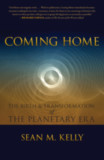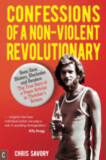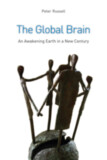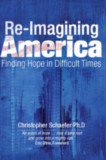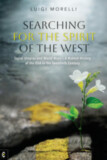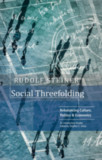The Insecurity Trap
A Short Guide to Transformation
- Publisher
Hawthorn Press - ISBN 9781912480951
- Language English
- Pages 128 pp.
- Size 5.5" x 8.5"
“Few if any prophets have been so calm, steady and thoroughly vindicated as Paul Rogers. At the time he warned that if the USA invaded Iraq, it would initiate a disastrous thirty-year war that would spread out across the Middle East and suck America to defeat. And here we are, only two-thirds of the way through. Equally, he emphasized at the start of the century the twin dangers of climate change and hi-tech bellicosity. Free from florid rhetoric, incredibly patient and rooted in careful research, he needs to be read and listened to. Now in this lucid overview of the current ‘polycrisis’ he sets out what can be done before it is too late.” — Anthony Barnett, co-founder and former editor of openDemocracy
People ask what is going wrong with the world, given the new wars, extreme populist movements, climate breakdown, poverty, inequality, and exclusion. There is a sense of unease that “things are falling apart,” which is reflected both in global insecurity—a seeming failure to negotiate or mediate effectively in desperate wars—Ukraine, Sudan, and Gaza—and dismay at rampant social injustice and rising poverty. This book meets such concerns head-on, analyzing the worsening insecurity trap we are in and how to get out of it.
In the troubled decade that lies ahead, we face the combination of a bitterly divided world, limits to growth, and climate breakdown. However, this is in a pervasive culture where national governments prioritize a security approach of hard militarism to enforce stability and protect the wealthy.
Paul Rogers makes the case that, in responding to the prospect of a “crowded glowering world,” three questions need to be answered: Can we come to terms with the environmental limits to growth in time? Can we transform the world economy to ensure that there is far better sharing of what we have? And can we change our understanding and practice of international security and focus on an approach to human security that works for all and not just the small elite?
C O N T E N T S:
Foreword. Setting the Scene, by Judith Large
Introduction
2. It’s the Economy, Stupid! Socioeconomic divisions and their impact
3. Now Thrive the Armorers: Military-industrial complexes, their culture
4. So Where Are We Now? The current predicament
5. What can be done
6. References and further reading
7. Judith Large: What Can be Done
Paul Rogers
Paul Rogers is Professor Emeritus of Peace Studies at Bradford University, England, working there for more than forty years. He first trained in Life Sciences at Imperial College, London, before working in crop research in East Africa. He and then lectured on environmental security. He has worked on the causes of war, especially how they relate to global limits to growth, a failing economic system, and military cultures. He has lectured at Britain's senior defense colleges for forty years, engaged with government ministries, and given evidence to parliamentary committees. He is also past chair of the British International Studies Association (BISA).



